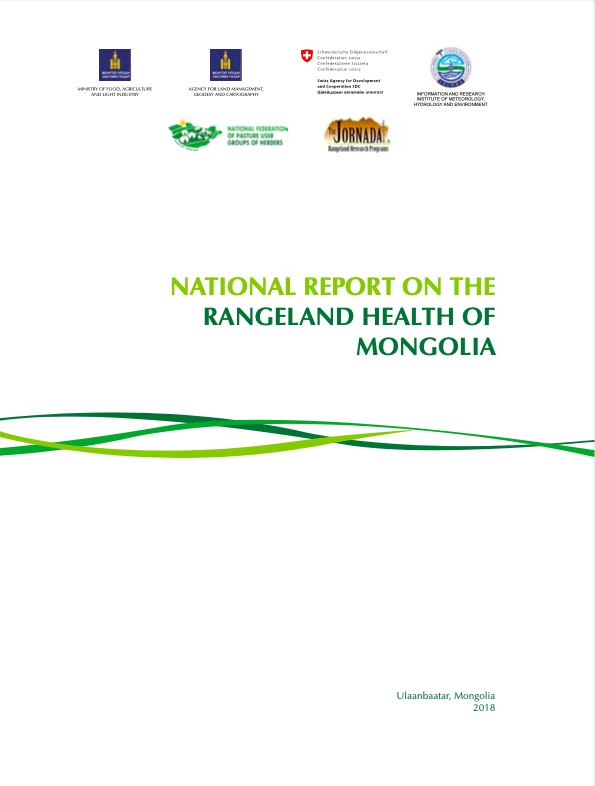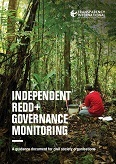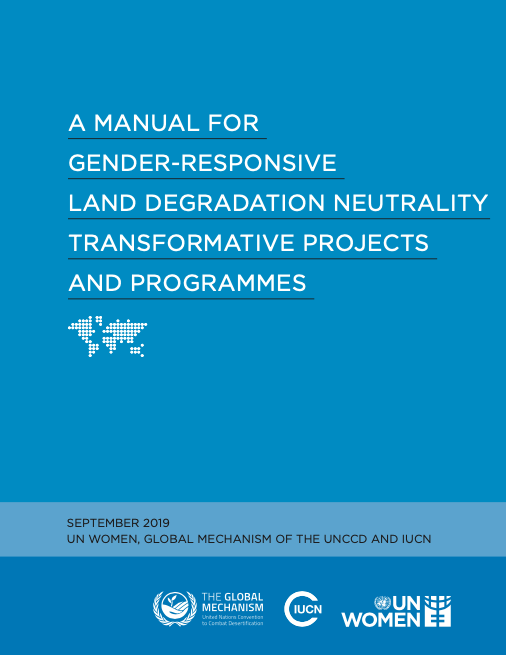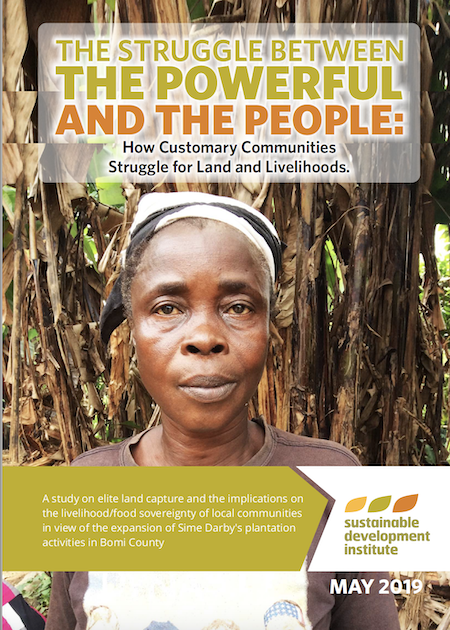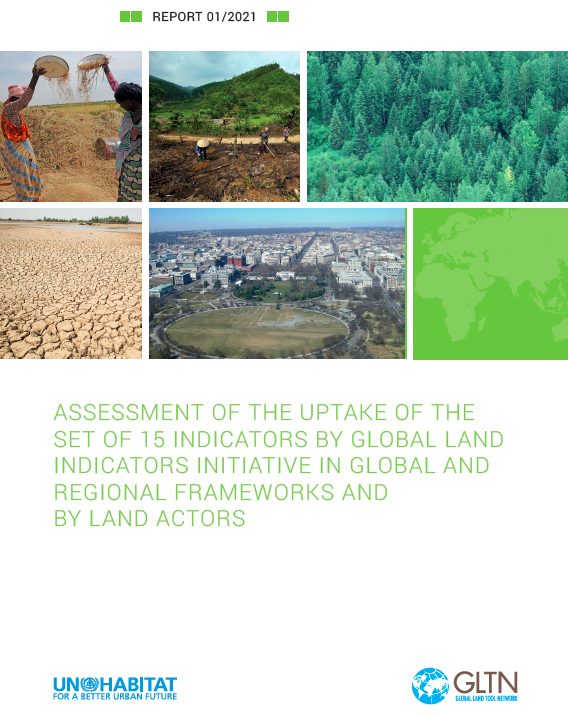National Report on the Rangeland Health of Mongolia - Second Assessment
As one of the few remaining countries with a robust, nomadic pastoral culture supported by extensive natural rangelands, Mongolia is well positioned to offer sustainable, rangeland-based goods and services to its citizens and to global consumers who place a premium on sustainable products. The primary challenge to sustainable livestock production in Mongolia is that rangeland health, the set of environmental conditions that sustain the productivity and biodiversity of rangelands is in decline in many areas.

